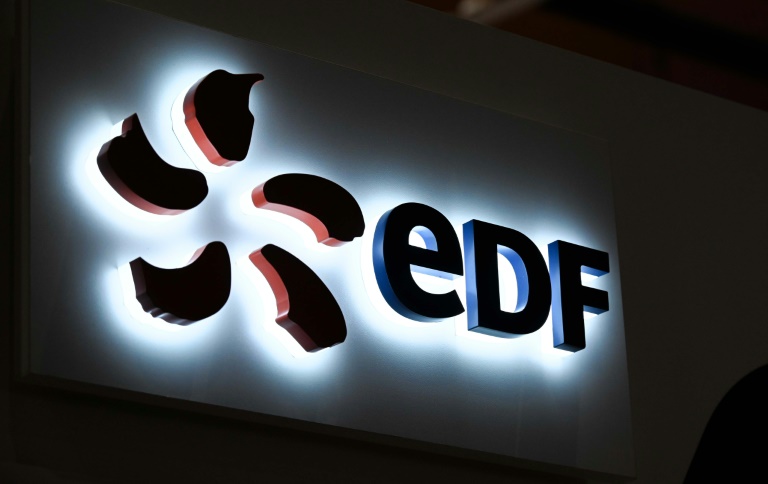France to launch buy-out of power giant EDF

The French state plans to fully renationalise EFD
Paris – The French government on Tuesday outlined its plans to take full control of EDF, the highly indebted power utility that is to spearhead efforts to relaunch the country’s nuclear industry.
The offer to minority shareholders will be priced at 12 euros per share, meaning the operation to fully nationalise the group will cost 9.7 billion euros ($9.9 billion), the finance ministry said.
The electricity provider is currently 84-percent owned by the state, with institutional and retail investors holding 15 percent and staff one percent.
EDF’s finances have been weighed down by declining output from France’s ageing nuclear power stations, which it manages, and the state-imposed policy to sell energy at below cost to consumers in an effort to help them pay their energy bills.
The energy crisis triggered by Russia’s war in Ukraine has added to EDF’s acute difficulties, and to the urgency of ensuring France’s energy security.
President Emmanuel Macron’s government plans to launch the buyout in September, which gives it time to set aside funds for the cost in a mini-budget in the autumn.
The finance ministry gave end-October as a likely date for completion.
The supplementary budget will, however, be subject to approval by parliament, where Macron’s party and its allies lost their majority in parliamentary elections last month.
The state’s complete takeover of EDF, first announced on July 6, “will give EDF the means to implement the new nuclear power plant programme the president has asked for and the roll out of renewable energy in France”, Finance Minister Bruno Le Maire said.
The public tender offer is the simplest way to take back full control of EDF, analysts said, without the need for full legal nationalisation — of which there has been none in France since 1981.
– ‘Peace of mind’ –
Earlier this year, Macron called for a “renaissance” of the country’s nuclear industry, saying he wanted up to 14 new reactors to power the country’s transition away from fossil fuels.
He also announced that he would seek to extend the lives of all existing French nuclear plants where it was safe to do so.
Currently over half of France’s 56 nuclear reactors are idle, either for maintenance or corrosion problems linked to ageing.
Analysts say the government does not expect private investors to help raise the enormous sums needed to renovate and re-launch the nuclear industry, making full nationalisation the best choice.
“This will allow us to tackle the necessary changes over the extremely long term with greater peace of mind,” an official in the finance ministry said.
EDF’s debt is projected to reach 60 billion euros by the end of the year.
Nuclear energy currently covers some 70 percent of France’s electricity needs. Nuclear was recently given a “sustainable” finance label by the European Union with the backing of France.
EDF shares, which had been suspended on the Paris stock exchange pending the announcement, rose more than 15 percent on Tuesday, trading at 11.75 euros.
That is only just below the offer price, reflecting investor confidence that the buyout will go through smoothly.
The offer price represents a premium of 34 percent over EDF’s average share price in the past 12 months, the finance ministry said.
The government does not need all private shareholders to submit their shares. It has the option of forcing a buy-out of remaining stock so long as its stake rises above 90 percent.
Once the operation is completed, EDF will be de-listed from the stock exchange, 17 years after its high-profile initial listing, it said.
